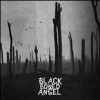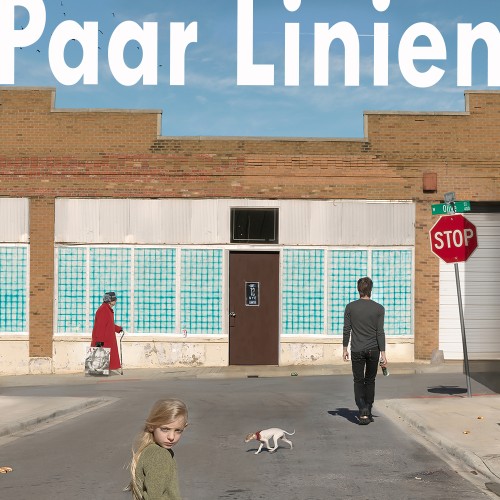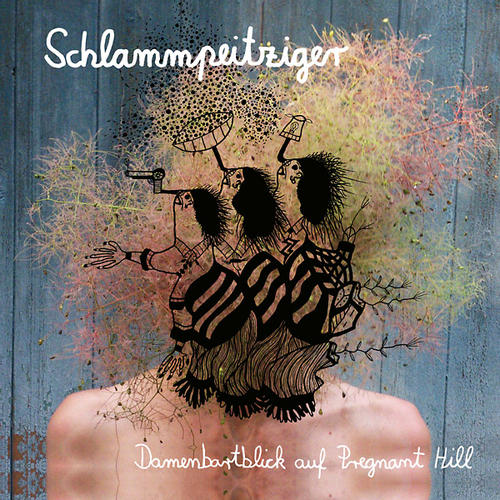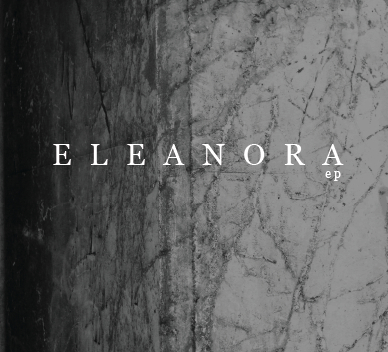 In which New Zealand polymath Campbell Kneale (Birchville Cat Motel, [post=”love-destroy-world-hate-numbers” text=”Our Love Will Destroy the World”], Lugosi, Sunship, etc etc etc) sets about recreating the thunder, chaos and crushing despair of one of World War I’s bloodiest battlefields, using sub-bass guitar drones with occasional percussion and samples.
In which New Zealand polymath Campbell Kneale (Birchville Cat Motel, [post=”love-destroy-world-hate-numbers” text=”Our Love Will Destroy the World”], Lugosi, Sunship, etc etc etc) sets about recreating the thunder, chaos and crushing despair of one of World War I’s bloodiest battlefields, using sub-bass guitar drones with occasional percussion and samples.
As a bleak and harrowing record, Verdun stands possibly without peer. Sonically, Black Boned Angel owes much to SunnO))) and Earth, but while the drones of O’Malley et al. have been known to stir the spirit, invoking power and passion, Kneale uses the form to create a soundscape of utter dread. The battlefield of Verdun is the perfect setting for a doom record – a time when doom strode the earth, palpable and inevitable. Black Boned Angel’s glacial bass riffs artfully evoke the impossibility of hope and the pointlessness of prayer in the face of industrialised slaughter.
Verdun consists of a single 52-minute track, split into three movements. “Prayer-Sodden Holes” opens the record, gradually building a sense of dread with churning bass drones and the slow tolling of a snare. The second third, “Tears Strike the Mile-High Gong”, is quieter, with less bass and some evocative
guitar work, a tense peace pregnant with muzzled fury. It comes as no surprise, then, when all hell breaks loose on the final instalment, “Creeping Barrage”. The guitars become an immense grinding machine, of proportions to baffle the imagination. The sky collapses. In the distance, or nearby and muffled by the din, an operatic chorus is singing. Soon this too is churned into the mud, and the grinding drone is broken only by screaming artillery shells and the shouts of men. The drone gradually mutates into the rumble of cannons and the chug of machine gun fire, chaos and cacophony. Then silence. Blessed silence.This record reminds me more than anything of Goya‘s iconic scenes of suffering and slaughter. Like Goya, Kneale manages to capture something of the essence of humanity, stark amid a hellish setting. Kneale finds humanity shivering in a muddy hole, torn at by relentless machines of war. Faced with this, it is impossible not to reflect on the utter frailty of human life, and the absurdity of finding such fragility in a this nightmare scenario, an environment defined by mud and bullets and splinters of red-hot steel.
This is quite possibly the best record Campbell Kneale has released to date, and it’s high in the running for my metal album of the year.
-Anton Allen-



